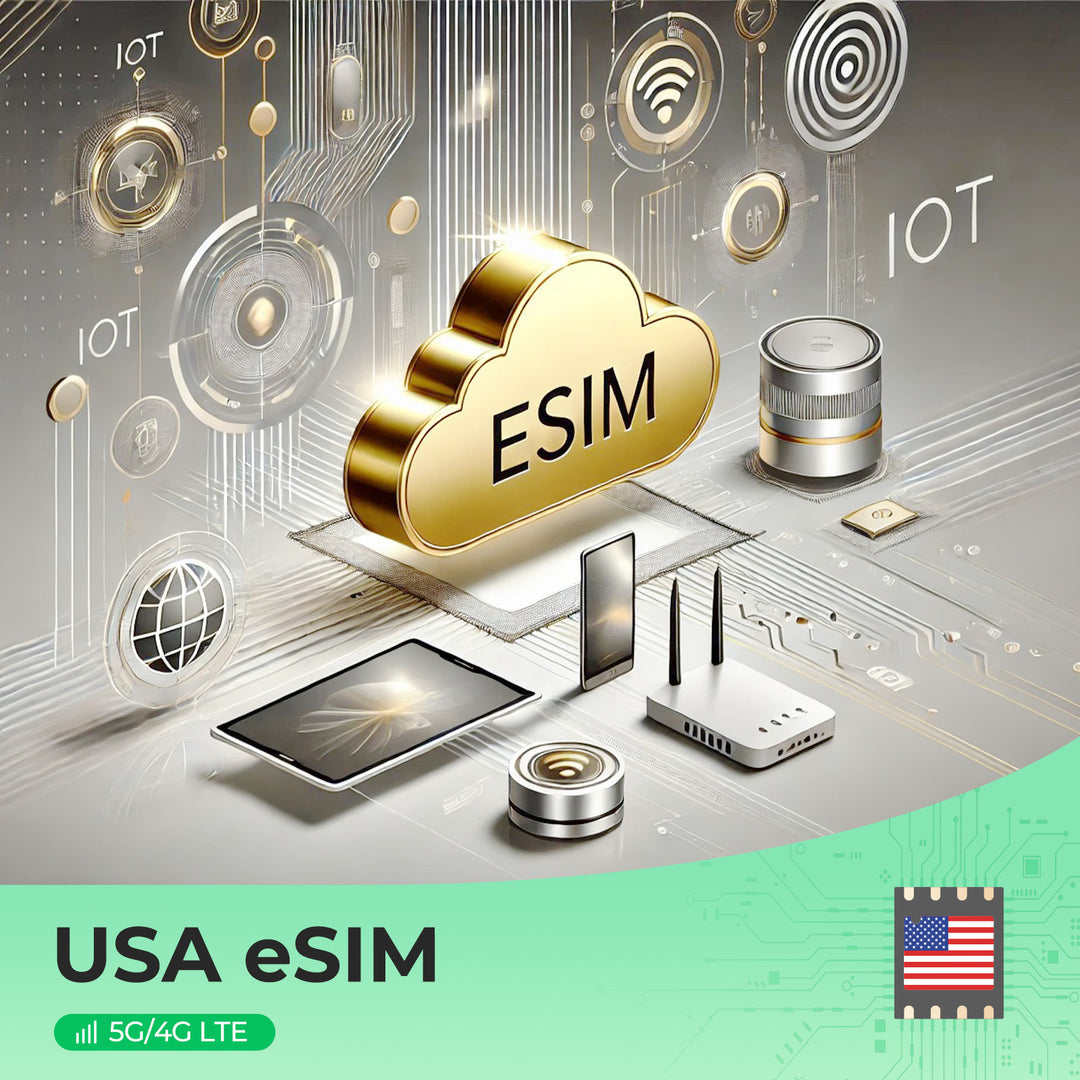Unlock the Future: Discover the Ultimate eSIM Plans That Will Change How You Connect!
As we step further into the digital age, the way we connect with the world around us is evolving dramatically. Enter the eSIM technology, a game changer in mobile connectivity that is quickly gaining traction. Unlike traditional SIM cards that require physical insertion, eSIM cards are embedded directly into devices, offering a more flexible and convenient way to manage mobile plans. With eSIM technology, users can easily switch carriers, manage multiple numbers, and enjoy enhanced security features without the hassle of changing physical cards. As more people embrace this innovation, it's essential to explore the various eSIM plans available today, comparing their features and benefits to find the perfect fit for your connectivity needs.

Understanding eSIM Technology
So, what exactly is an eSIM card? An eSIM, or embedded SIM, is a digital version of the traditional SIM card that is built into your device, such as smartphones, tablets, and wearables. It allows you to connect to a mobile network without needing a physical card. The technology behind eSIMs has been in development for years, driven by the need for more compact devices and better connectivity options. Compared to physical SIM cards, eSIMs offer enhanced flexibility, enabling users to switch between different mobile plans and providers with ease. This not only simplifies the process of changing carriers but also reduces the environmental impact associated with the production and disposal of plastic SIM cards. The convenience of managing multiple profiles from a single device opens up a world of possibilities for both casual users and frequent travelers.
Benefits of Using eSIM Cards
The advantages of eSIM cards are numerous and compelling. One of the standout features is the ability to switch between mobile plans without the need for a physical card. This is particularly beneficial for international travelers who often face exorbitant roaming fees. With an eSIM, you can easily download a local data plan from your destination country, allowing you to stay connected without breaking the bank. Furthermore, eSIMs support multiple profiles, meaning you can store several plans on a single device. This is especially useful for those who need to separate work and personal numbers without carrying multiple devices. Additionally, eSIM technology enhances security, as the embedded nature of the card makes it less vulnerable to theft or loss compared to traditional SIM cards. A friend of mine recently traveled to Europe and shared how seamless it was to switch to a local eSIM plan, saving him both time and money.
Comparing eSIM Plans
When it comes to selecting an eSIM plan, there are several key factors to consider. Data allowances are one of the most critical elements; you'll want to ensure that the plan you choose meets your browsing, streaming, and app usage needs. Coverage is another vital aspect, as having reliable service in your area is crucial. Speed is also important, especially if you rely on mobile data for activities like video calls or online gaming. Customer support can differ greatly between providers, so it’s wise to research their responsiveness and service quality. As you compare various eSIM plans, keep in mind that while some plans may offer lower prices, they might come with limitations that could affect your overall experience.
Factors to Consider
When choosing an eSIM plan, consider pricing alongside what each plan offers in terms of data and features. Compatibility with your device is essential, as not all devices support eSIM technology. Additionally, roaming capabilities should be evaluated, especially if you travel frequently. Plans that offer international roaming can save you significant costs while keeping you connected to your loved ones and work.
Final Thoughts on eSIM Technology
In summary, eSIM technology represents a significant leap forward in how we connect and communicate. From the convenience of plan switching to the environmental benefits of reduced plastic waste, the advantages are clear. As you explore various eSIM options, take the time to compare plans based on data allowances, coverage, and customer support to find the best fit for your lifestyle. Embracing eSIM technology could lead to a more streamlined, cost-effective, and flexible mobile experience, making it an enticing choice for anyone looking to enhance their connectivity.








